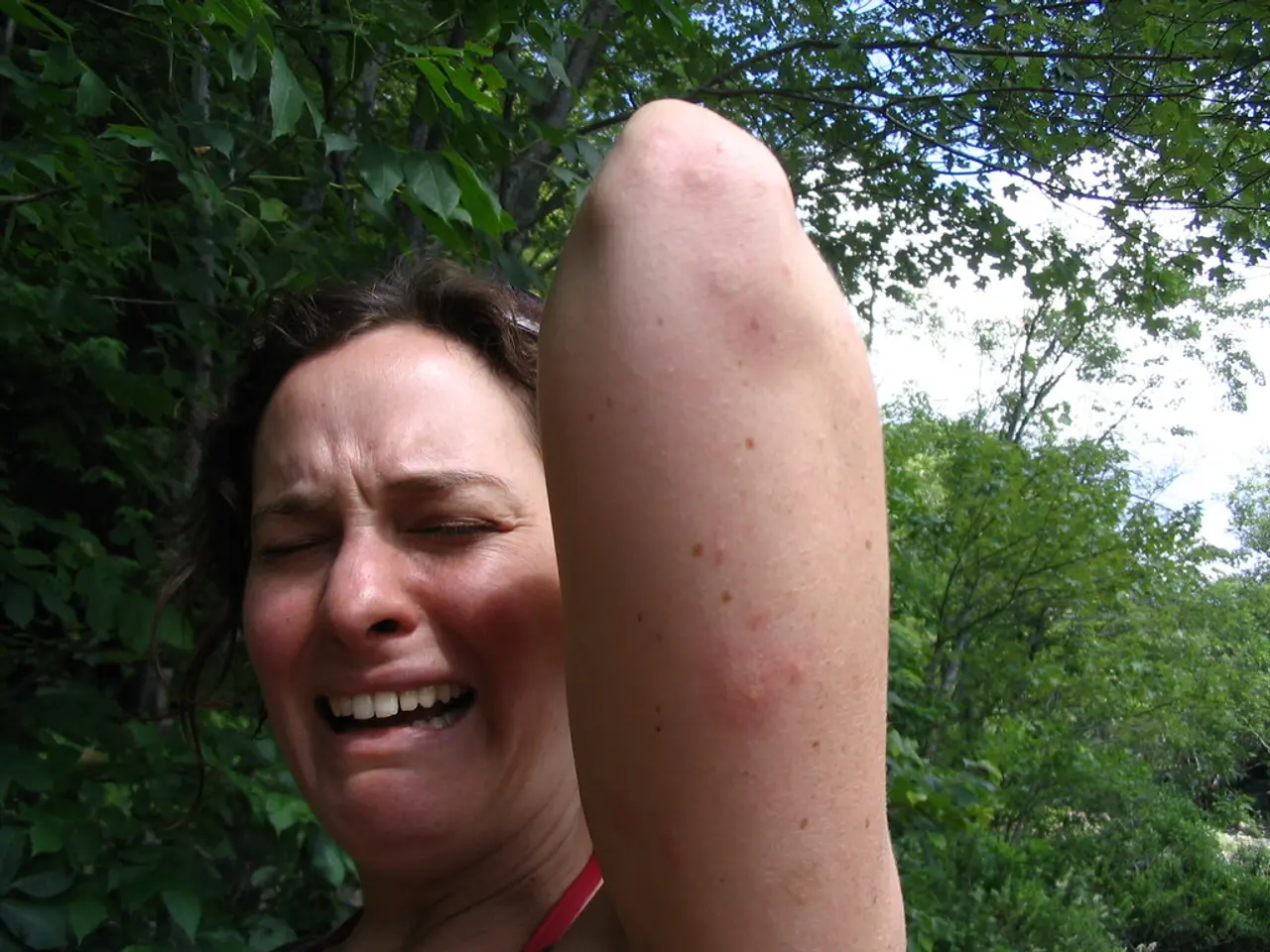Emotional Depression Unprovoked: Possible Reasons and When to Seek Assistance
Unexplained sadness can affect anyone, and it's essential to recognise the factors contributing to this emotional state. This article explores how hormonal changes, lack of sleep, stress, and seasonal changes can contribute to feelings of unexplained sadness.
Hormonal Changes
Fluctuations in hormones like estrogen, progesterone, testosterone, and cortisol can impact mood by altering neurotransmitter systems such as serotonin and GABA, which regulate anxiety and emotional balance. For example, during perimenopause, a sharp decline in progesterone disrupts the calming GABA system, increasing anxiety and mood swings. Similarly, low testosterone in men can cause irritability and depression.
Lack of Sleep
Disturbed sleep affects brain function and mood regulation. Sleep hormone melatonin is linked to the circadian rhythm, aligning sleep and wakefulness. When sleep is lacking or circadian rhythms are disrupted, serotonin levels drop, causing fatigue and sadness.
Stress
Chronic stress elevates cortisol, the primary stress hormone, disrupting its natural daily rhythm. Sustained high cortisol leads to irritability, anxiety, and mood instability by affecting neurotransmitters and brain areas controlling emotion regulation.
Seasonal Changes
Reduced sunlight during fall and winter alters circadian rhythms by increasing melatonin production at inappropriate times and lowering serotonin, leading to Seasonal Affective Disorder (SAD). This disrupts energy levels and mood, particularly in individuals genetically predisposed or living far from the equator.
Effective Self-Care Strategies and Treatment Options
Self-care and professional treatment can help manage unexplained sadness caused by these factors. Here are some strategies and treatment options for each cause:
| Cause | Self-Care | Treatment Options | |-------------------|-------------|--------------------| | Hormonal Changes | - Balanced diet rich in nutrients supporting hormone health- Regular physical activity- Stress reduction techniques (meditation, yoga)- Sleep hygiene to support hormonal regulation | - Bioidentical progesterone therapy for perimenopausal symptoms[2][4]- Hormone replacement therapy (HRT) when clinically indicated- Natural supplements like passionflower and L-Theanine to support GABA[2]- Medical evaluation for hormonal imbalances | | Lack of Sleep | - Establish consistent sleep routines- Limit blue light exposure before bedtime- Create a dark, cool sleeping environment- Avoid stimulants late in the day | - Cognitive Behavioral Therapy for Insomnia (CBT-I)- Melatonin supplements to regulate circadian timing[1]- Address underlying causes such as anxiety or sleep apnea | | Stress | - Mindfulness meditation and relaxation techniques- Regular exercise- Time management and prioritization- Social support and counseling | - Therapy such as cognitive-behavioral therapy (CBT)- In some cases, medications like anxiolytics or antidepressants may be used- Monitoring and normalizing cortisol levels through lifestyle or medical intervention[4] | | Seasonal Changes| - Maximize natural light exposure, especially morning sunlight- Light therapy using a SAD lamp- Outdoor exercise and vitamin D supplementation if deficient | - Nootropics boosting serotonin and melatonin balance[1]- Antidepressants for severe SAD- Behavioral therapies to cope with mood changes during seasonal shifts[3][5] |
These approaches target underlying biochemical imbalances and help restore circadian rhythms and stress responses, improving unresolved sadness related to these conditions. Individualized treatment and consultation with healthcare providers are important for optimal outcomes.
If someone experiences prolonged or severe sadness, they should speak with a healthcare professional. People should contact a doctor if they are experiencing sadness lasting longer than 2 weeks, thoughts of self-inflicted injury or suicide, or difficulty functioning in daily life.
For immediate support, if you or someone you know is in crisis and considering suicide or self-harm, please seek support by calling or texting the 988 Lifeline at 988 or chat at 988lifeline.org, texting HOME to the Crisis Text Line at 741741, or finding a helpline in your country with Befrienders Worldwide.
[1] National Sleep Foundation. (2020). Sleep and Mental Health. Retrieved from https://www.sleepfoundation.org/articles/sleep-and-mental-health
[2] American College of Obstetricians and Gynecologists. (2019). Menopause and Hormone Therapy. Retrieved from https://www.acog.org/womens-health/faqs/menopause-and-hormone-therapy
[3] Mayo Clinic. (2020). Seasonal affective disorder (SAD). Retrieved from https://www.mayoclinic.org/diseases-conditions/seasonal-affective-disorder/symptoms-causes/syc-20376301
[4] American Psychological Association. (2021). Stress. Retrieved from https://www.apa.org/topics/stress
[5] National Institute of Mental Health. (2020). Seasonal Affective Disorder (SAD). Retrieved from https://www.nimh.nih.gov/health/topics/seasonal-affective-disorder-sad/index.shtml




